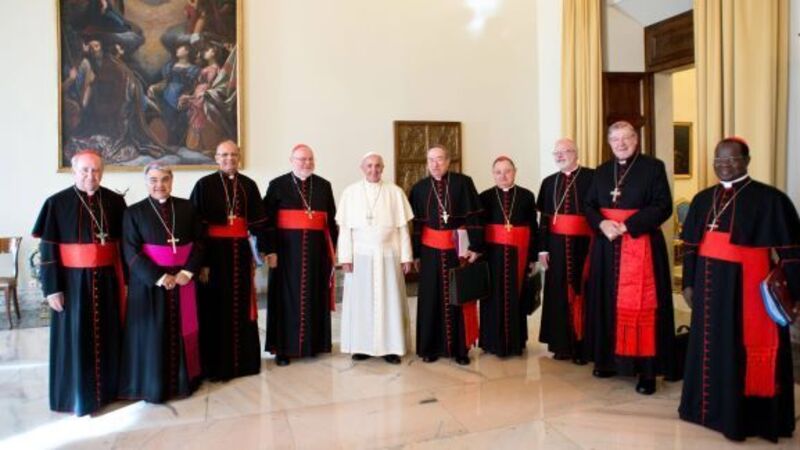Pope plans to root out ‘leprosy’ in the Vatican

In his strongest censure of the intrigue-filled Vatican world yet, the Argentine pontiff condemned “leprosy” in the Vatican and called for a less hierarchical Church structured “horizontally”.
“Leaders of the Church have often been narcissuses, gratified and sickeningly excited by their courtiers. The court is the leprosy of the papacy,” Francis said in an interview with Italian left-wing daily La Repubblica.













